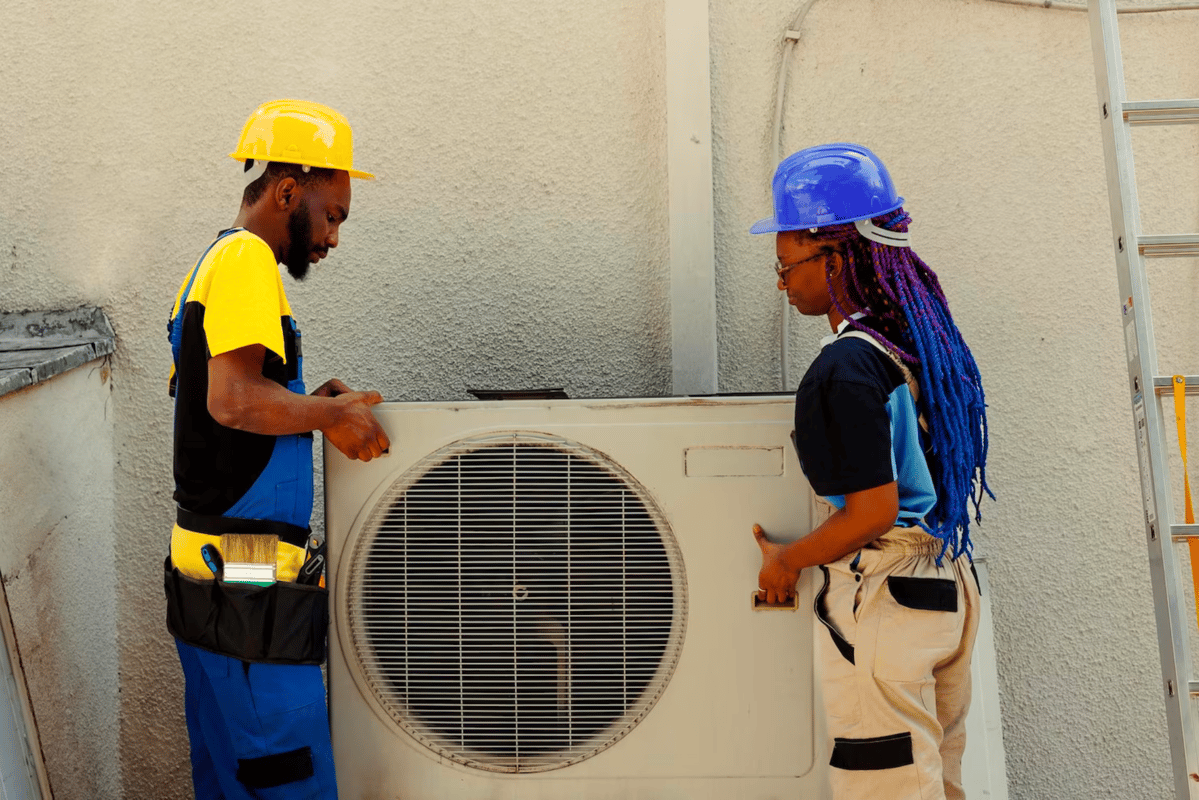How to Become a HVAC Technician in Nevada

What is a HVAC Technician?
HVAC (Heating, Ventilation, and Air Conditioning) technicians are responsible for the installation, maintenance, and repair of heating, cooling, and ventilation systems in residential, commercial, and industrial buildings. Their primary duties include diagnosing and troubleshooting HVAC system issues, performing routine maintenance, and ensuring the efficient and safe operation of these systems.
How Do I Get My HVAC Technician Certification?
To become a certified HVAC technician in Nevada, you will need to:
- Complete a formal HVAC training program
- Pass the North American Technician Excellence (NATE) certification exam
- Obtain any additional licenses or certifications required by the state of Nevada
How Do I Get a Job as a HVAC Technician?
To find employment as a HVAC technician in Nevada, you can:
- Network with HVAC companies and attend industry events
- Apply directly to HVAC installation and service companies
- Utilize job search platforms and online job boards
- Highlight your training, certifications, and any relevant experience
Career Paths and Opportunities after Becoming a HVAC Technician
As a HVAC technician in Nevada, you can explore various career paths, such as:
- Residential HVAC installer or service technician
- Commercial HVAC system specialist
- HVAC project manager or supervisor
- HVAC system designer or engineer
- HVAC sales or technical representative
Final Thoughts
Becoming a HVAC technician in Nevada can be a rewarding career path, offering job stability, good earning potential, and the opportunity to work with cutting-edge technology. By completing the necessary training, obtaining the required certifications, and finding employment with a reputable HVAC company, you can embark on a fulfilling career in this in-demand field.
If this article isn't quite hitting the mark for you, why not give these other articles a try:

Athena is Co-founder and CEO of Dreambound.



